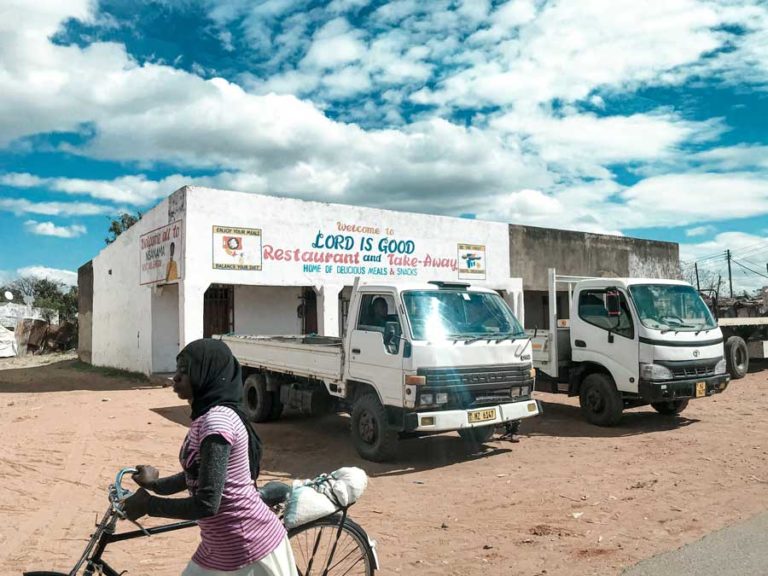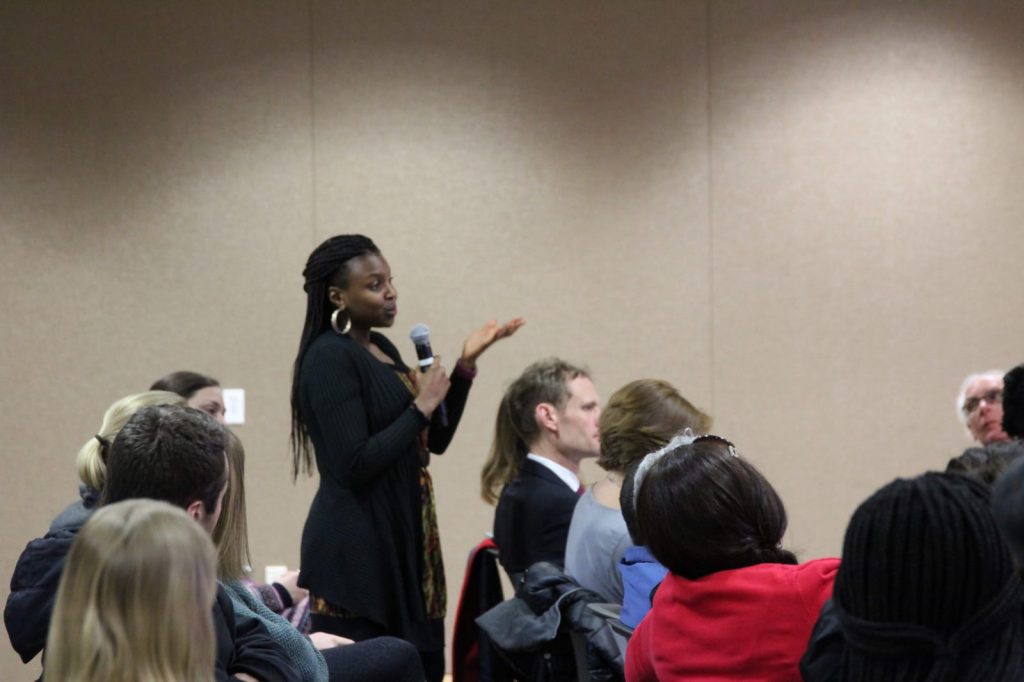The Gendered Effects of COVID-19 in Malawi

Khwima Mwasinga, Research Fellow, Youth, Gender & Vulnerability Policy Lab
kmwasinga@africacfsp.org
The coronavirus pandemic has affected countries and regions all over the world in unique ways. Viewing the pandemic through a gendered lens, we find that it has significantly increased economic pressures and social obligations faced by women. However, with a new incoming government in the country, things may be set to change.
In Malawi, the vast majority of the employed population are engaged in the informal sector (approx. 89% of 5.5 million total employed people), a large proportion of which depends on cross-border trade for daily sustenance. Indeed, the World Bank and UNCTAD, have observed that Malawians commonly purchase goods for resale in Malawi. Goods such as agricultural products, new and used clothes and household utensils are resold door to door to family and friends and/or in small stalls at local markets. The revenues received from these activities are essential for the livelihoods of many households, often deciding whether children go to school or not.
As coronavirus cases continue to rise, The Public Health Institute of Malawi has noted that most recorded cases of COVID-19 in the country (81%) have been “imported” from neighboring Tanzania, Zambia, and through Malawians returning from work in South Africa. Relatively few cases are due to local transmissions of the virus thus far (16%). This trend is not likely to change anytime soon as Malawi´s borders remain open.
Gendered Dynamics
The impacts of natural disasters and pandemics tend to affect females disproportionately in comparison to males. Coronavirus has proven to be no exception. Frequently, women occupy the role of primary caregivers who have greater responsibilities related to household work, agriculture and food production. As COVID-19 statistics show that more men than women are catching the virus in Malawi, the burden on women has likely been exacerbated. Now, they must juggle an already difficult workload while simultaneously caring for sick loved ones and risking exposure to coronavirus in the process.
Furthermore, as a result of the COVID-19 restrictions on movement, the many women engaged in cross border trade are at risk of losing their livelihoods. In the absence of trade, many women are forced to exhaust their financial resources. Therefore, the social and economic pressures on women have substantially increased amidst the pandemic. Women are often left with less access to resources for coping in these times of lockdowns and during the subsequent recovery from the pandemic.
The Path Forward
It is apparent that COVID-19 has had dire consequences on the informal work sector, leaving women in economically vulnerable and socially difficult positions. In the broader society, the pandemic has exposed the dire unemployment situation among Malawian youth. This was made clear in a recent incident where the Ministry of Health sought to hire 2000 staffers to combat COVID-19. Over 10,000 applicants arrived for the interviews, which resulted in a stampede leaving hundreds injured.
It is against the background of the dual coronavirus and unemployment crises that Malawi has undergone historic elections. In late June, Malawians voted in favor of political newcomer Lazarus Chakwera and his Tonse Alliance, ending the presidency of Peter Mutharika. Malawi’s new leader ran on a platform of combating corruption and introducing economic initiatives like ensuring universal fertilizer affordability and creating one million jobs. The pressure is now on the new government to perform. Should it be successful in these initiatives, there is certainly great potential that the effects of an improved economy will benefit the women in Malawi that too often bear the brunt of the social and economic burden.
Based on your interests, you may also wish to read:
- Kenya Should Adopt Comprehensive Sexuality Education to Address the Vulnerability of Girls to Early Pregnancies
- A Path Towards Women’s Socio-Economic Empowerment in Chad
- COVID-19, Youth and Tech: The Chance to Build a Resilient Nigerian Economy?
- The Socio-economic and Cultural Response to COVID -19 By Women in The Gambia


